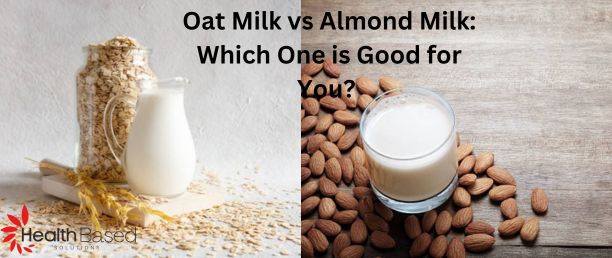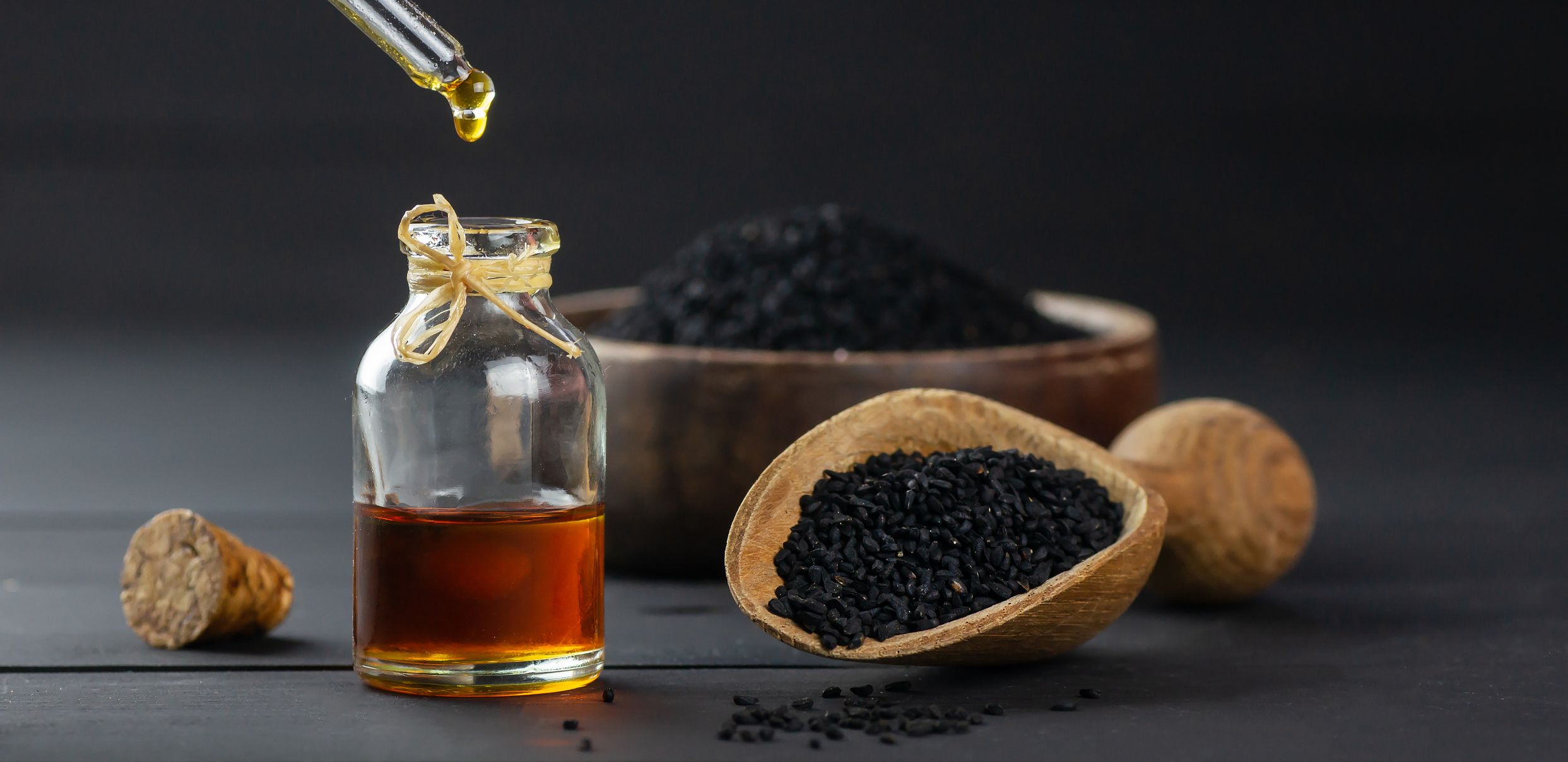When choosing a plant-based milk alternative, two popular options often come to mind: oat milk and almond milk. Both offer unique benefits, but their nutritional profiles, environmental impact, and taste vary. This guide dives deep into the differences, helping you make an informed choice.
1. Introduction to plant-based milk alternatives
In current years, plant-based milk has become progressively popular. Many people are swapping dairy milk for alternatives due to health, environmental, or ethical reasons. The most favored and easily get options are oat milk and almond milk, due to their unique set of qualities
2. What is oat milk?
Oat milk is creamy plant-based milk. You can make it by blending oats with water and then strain this mixture. It has a certainly sweet taste and is known for its plane texture. Oat milk is often fortified with essential nutrients, making it a versatile choice for various dietary needs.
3. What is almond milk?
Almond milk is light in consistency having nutty-flavored. You can made this amazing milk by blending almonds with water and then just strain the pulp and get its health benefits. It is one of the oldest plant-based milk alternatives and is often enriched with vitamins and minerals to enhance its nutritional value.
4. Nutritional comparison
| Nutrient | Oat Milk (1 cup) | Almond Milk (1 cup) |
| Calories | 120-130 | 30-50 |
| Protein | 2-3g | 1g |
| Fat | 5g | 2.5g |
| Carbohydrates | 16-19g | 1-2g |
| Fiber | 1-2g | 0g |
Oat milk generally contains more calories and carbohydrates, making it suitable for those seeking energy. Almond milk is lesser in carbs and calories, and it is ideal for you if you are a weight-conscious person.
5. Taste and texture
Oat milk is sweeter and creamier, this quality makes it a desired for smoothies and coffee. Almond milk has a light, nutty flavor that complements cereals, baking, and drinking straight.
6. Suitability for dietary needs
Oat Milk
Oat milk is
- Suitable for those with nut allergies
- Contains gluten unless labeled gluten-free
Almond milk
Almond milk is
- Naturally gluten-free
- Not worthy for the people who have nut allergies
7. Environmental impact
Oat milk production uses less water than almond milk, making it more environmentally friendly. Almond farming, especially in arid regions, requires significant water, impacting sustainability.
8. Health benefits of oat milk
- Heart health: Holds beta-glucans, which aid in lessening cholesterol.
- Digestive health: Fiber content have the ability supports your healthy gut.
- Energy boost: Carbohydrates provide a quick source of energy.
9. Health benefits of almond milk
- Low calorie: Great for weight management.
- Rich in vitamin E: Supports your skin health and acts as an antioxidant.
- Bone support: Often fortified with calcium and vitamin D.
10. Fortification and added nutrients
Both oat milk and almond milk are typically fortified with calcium, vitamin D, and vitamin B12. These fortifications make them comparable to dairy milk in terms of essential nutrients.
11. Best Uses for oat milk
- Coffee and Lattes: Its creaminess makes it a barista favorite.
- Smoothies: Adds sweetness and texture.
- Cooking and Baking: Ideal for creamy recipes like soups and sauces.
12. Best uses for almond milk
- Cereals and granola: Enhances the nutty flavor.
- Low-calorie drinks: Perfect for light, refreshing beverages.
- Baking: Works well in cakes and pastries due to its subtle flavor.
13. Homemade oat milk vs store-bought
Homemade oat milk is cost-effective and free from additives, but store-bought options often contain added vitamins and stabilizers for improved shelf life and texture.
14. Homemade almond milk vs store-bought
Homemade almond milk allows control over sweetness and thickness, while store-bought versions are fortified with essential nutrients for a more balanced option.
Conclusion
Both oat milk and almond milk offer unique benefits, making them suitable for different preferences and dietary needs. While oat milk excels in creaminess and energy content, almond milk is a lighter, low-calorie option. Your choice ultimately depends on your taste preferences, nutritional goals, and environmental values.
15. FAQs about oat milk and almond milk
Is oat milk better for coffee?
Yes, oat milk’s creaminess makes it an excellent choice for coffee.
Does almond milk have additional protein than oat milk?
No, oat milk holds more protein than almond milk.
Which milk is better for weight loss?
Almond milk is lower in calories, making it better for weight loss.
Is oat milk appropriate for people with gluten intolerance?
Only if it is labeled gluten-free.
Which milk is more eco-friendly?
Oat milk generally has a smaller environmental footprint.
Can I use almond milk in savory dishes?
Yes, almond milk’s light flavor works well in savory recipes.








